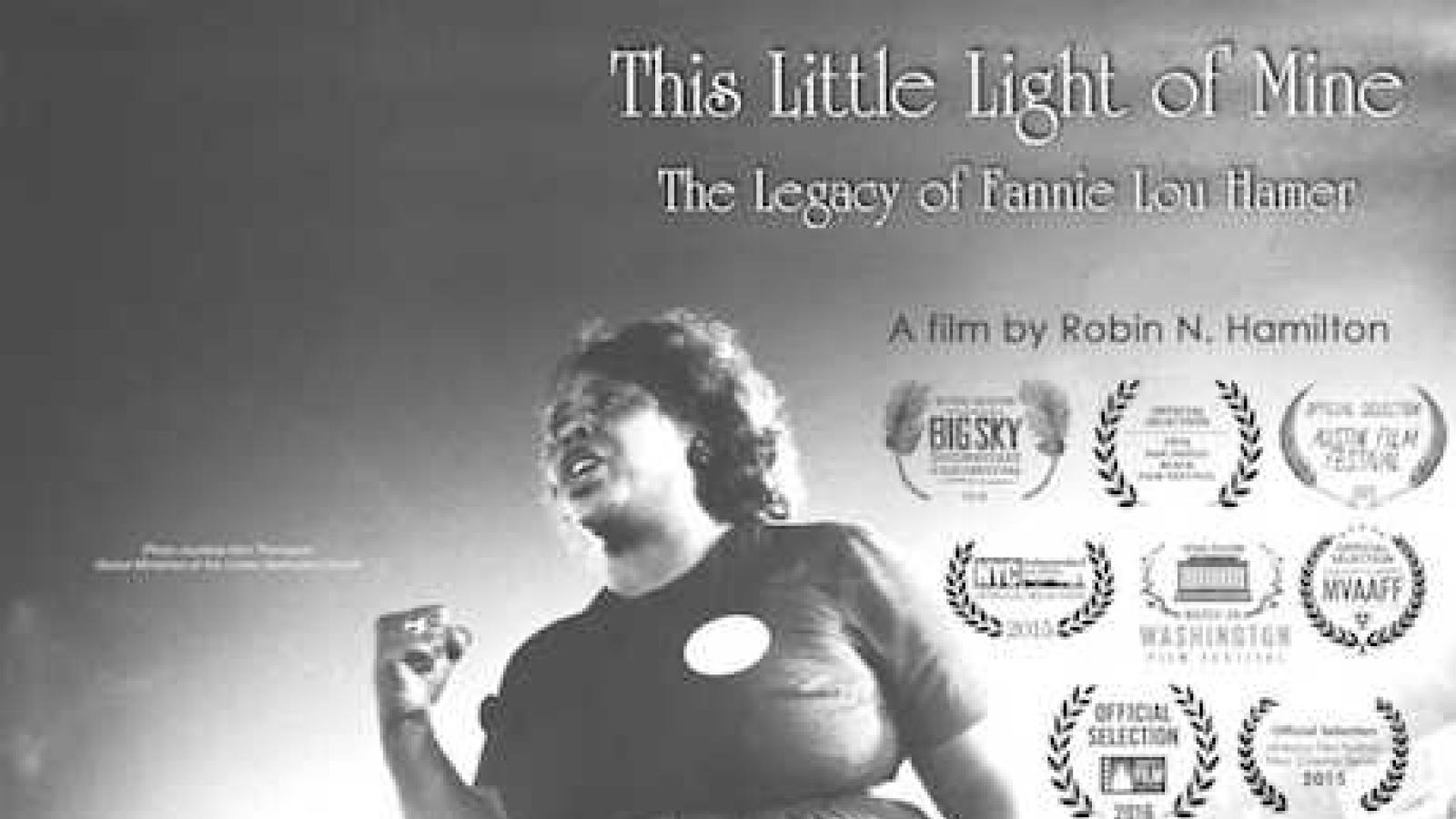Filmmaker Robin Hamilton on Voting Rights Activist Fannie Lou Hamer

There's arguably no better person to highlight on Election Day than Fannie Lou Hamer. Born a sharecropper in rural Mississippi a month ago today in 1917, Hamer started picking cotton at age six. But she was not going to settle for a life of second-class citizenship. Drawing from her bottomless well of fortitude, Hamer fought back against the violent racism of the day (she was beaten within an inch of her life in a Mississippi jail) to help flip the script on the cruel treatment of blacks in the Deep South in the 1960s. After being fired from her job for trying to register to vote, Hamer turned to activism. She used the power of song to uplift her fellow citizens as she worked registration drives and eventually became a leader in the Mississippi Freedom Democratic Party. Her gift for public speaking landed her a seat at the 1964 Democratic National Convention, where she told a powerful and personal story about the brutality against blacks in Mississippi. Her pain and her conviction gripped the nation, and her dogged determination led to a place of prominence in American history and Robin Hamilton's heart. Hamilton first learned of Hamer in a class about the civil rights movement and women as an undergrad student at Duke University. After working for years as a journalist, she decided to produce and direct a love letter to the woman on whose shoulders she—and so many others—stand. Hamilton's short documentary "This Little Light of Mine: The Legacy of Fannie Lou Hamer" is a gorgeous and moving portrait of Hamer.
Listen to Robin Hamilton talk about Fannie Lou Hamer and hear some excerpts from the film, including commentary from Hamer herself.




